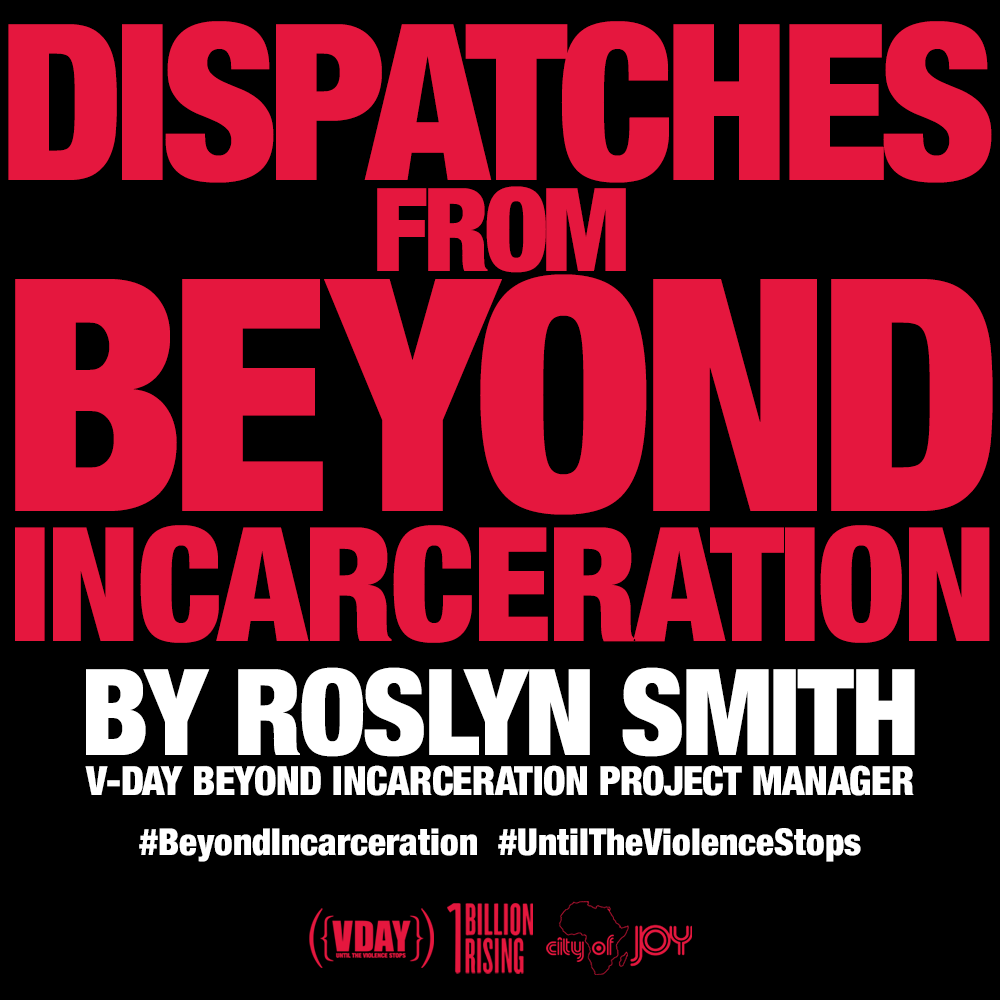This virus is affecting all of us, those in prison are especially vulnerable. The United States has the highest incarceration rate in the world, nearly 2.3 million people are held in prisons and jails nationwide (Prison Policy Initiative).
Prison populations cannot “self-isolate,” “social distance” or “flatten the curve,” nor are they allowed sanitizing gel or disinfectant liquids because it is considered contraband. Most of the time they don’t even have running water in their cells.
Prison populations tend to have higher rates of elderly people (due to longer sentences) with serious health issues. In addition, the prison staff come and go each eight hour shift, which increases the risk of the disease spreading to their families and communities. Prisons and jails often lack adequate sanitization practices or health care, putting those inside ever more at risk.
Prisons are holding pens for massive amounts of people forcefully grouped together at various times throughout the day, such as 3 times a day for “chow” (mess hall), “yard” (recreation) the dormitories house over 10 people in close quarters. It’s a breeding ground for death and disaster.
An employee at New York’s Sing Sing prison tested positive for the virus. I can’t help but wonder how many more have Covid-19 but have not been tested or reported. How many people are at risk due to insufficient tests?
The New York State Department of Corrections decided to suspend visits at its 52 correctional facilities in New York in effect from 24 March 2020 till 11 April 2020. Some measures are being taken to provide those inside with 5 free stamped envelopes, 2 free messaging on tablets and 1 free phone call per week.
On 13 March 2020, The Justice Collaborative hosted a national webinar on Covid-19 and how that will impact the criminal, legal and immigrant detention systems.. The panel consisted of experts in the criminal justice field as well as lawyers, medical professionals who work in prisons, and activists to discuss best how to protect prisoners from Covid-19.
Advocates are calling for the release of people at risk in prisons, jails and detention centers. In Los Angeles, North Carolina, Oklahoma and Ohio jails, some people have been released. Senator Elizabeth Warren and Representative Ayanna Presley called on President Donald Trump to exercise his authority to reduce the federal prison population.
We must call our Governors and Mayors to demand that people most at risk be released and those confined be given proper education and tools to ensure safety for all. In addition, we must call on prosecutors to exercise discretion to reduce the number of people in jails and the police to exercise discretion by limiting stops and warrant enforcement to situations where there is an imminent concern for public safety.
The gravity of this situation cannot be overstated. People on the inside are at serious risk and we must take action now to prevent unnecessary death.
TAKE ACTION NOW:
The ACLU is calling on President Trump and state governors to follow public health expert advice by releasing individuals vulnerable to Covid-19 from jails and prisons. Add your name HERE because this is an essential step to stopping the spread of the pandemic.
For additional reading, please visit:
Roslyn Smith, V-Day’s Beyond Incarceration Project Manager, has been writing blog posts as part of V-Day’s 2019 Spotlight on Women in Prison, Detention Centers, and Formerly Incarcerated Women.
 In her newly expanded blog, Dispatches from Beyond Incarceration, Roz writes an ongoing series about her experiences as a formerly incarcerated women, including short and long dispatches on prison reform and prison abolition, often highlighting news articles around the experiences of incarcerated and formerly incarcerated women, pieces highlighting what she’s thinking about, what she’s worried about, including interviews with formerly incarcerated women, stories from prison, visions of a world without prison, how violence against women leads to women coming to prison and then the violence they experience there, all the while highlighting important data and facts that shed light on incarceration and our commitment to restorative justice models. You will hear from women whose lives have been profoundly impacted by the prison and detention system on issues as far ranging as: trauma and abuse; shackling; transgender experiences; dignity; health and mental health; experiences of long term inmates; the youth/school to prison pipeline; the experiences of mothers and children navigating the immigration system; higher education in prison; and reentry and technology.
In her newly expanded blog, Dispatches from Beyond Incarceration, Roz writes an ongoing series about her experiences as a formerly incarcerated women, including short and long dispatches on prison reform and prison abolition, often highlighting news articles around the experiences of incarcerated and formerly incarcerated women, pieces highlighting what she’s thinking about, what she’s worried about, including interviews with formerly incarcerated women, stories from prison, visions of a world without prison, how violence against women leads to women coming to prison and then the violence they experience there, all the while highlighting important data and facts that shed light on incarceration and our commitment to restorative justice models. You will hear from women whose lives have been profoundly impacted by the prison and detention system on issues as far ranging as: trauma and abuse; shackling; transgender experiences; dignity; health and mental health; experiences of long term inmates; the youth/school to prison pipeline; the experiences of mothers and children navigating the immigration system; higher education in prison; and reentry and technology.
Read more from the Dispatches from Beyond Incarceration series here